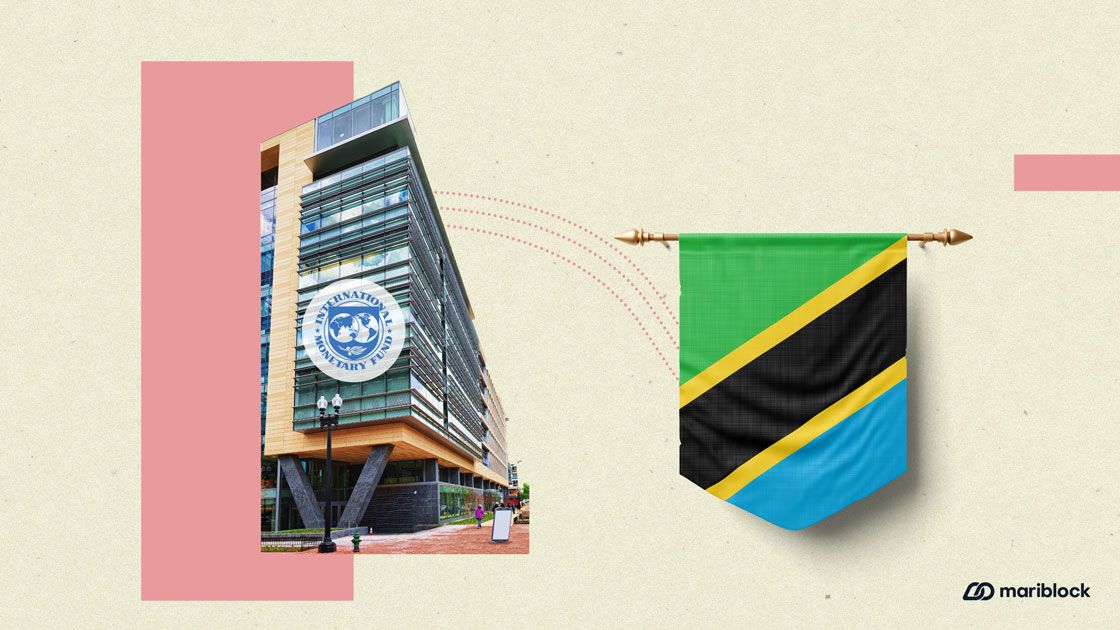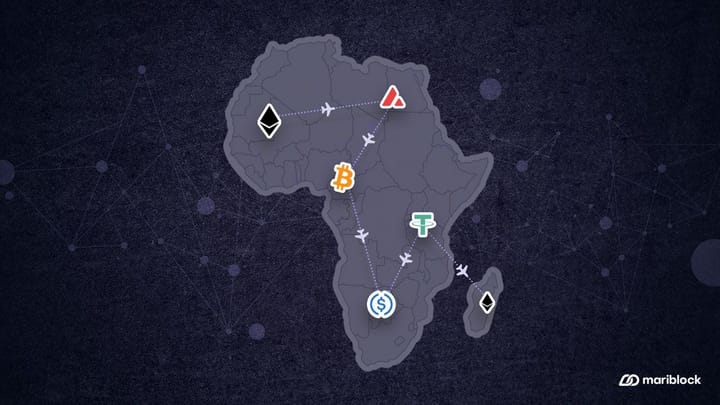IMF disburses $153M to Tanzania for budgetary support
This comes after the international lender says it has concluded the first review of an extended credit facility request by the East African country.

ℹ️
Editor’s note: This story is part of Mariblock’s “State of Fiat” coverage. Digital assets such as bitcoin are seen as competitors to central bank money. We consider it worthwhile to inform our audience of the state of their local currencies.
The International Monetary Fund (IMF) announced on April 24 that its executive board concluded the first review of the extended credit facility (ECF) arrangement with Tanzania. As a result, the East African country would receive an immediate disbursement of $153 million for budgetary support, bringing the country’s total funds accessed under the program to $304.7 million.
The details
- The IMF noted in a press statement that its executive board was largely satisfied with the policy reforms proposed by the country and the level of implementation of these policies.
- The international lender of last resort also said it has concluded the 2023 Article IV consultation with the East African country.
- Article IV consultation is a practice that sees IMF economists visit member countries to appraise each nation’s economic situation and monetary and exchange rate policies. The IMF board subsequently reviews the report and sends a summarized version to the country.
Key quote
- Deputy managing director and acting chair of IMF’s executive board, Antoinette Sayeh, noted:
“Tanzania’s reform program supported by the extended credit facility focuses on completing the pandemic health and economic response, preserving macroeconomic stability, and addressing long-term challenges to support sustainable and inclusive growth, drawing on the government’s reform priorities articulated in their Five-Year Development Plan.”
Of note
- The ECF Agreement is a provision of the IMF’s Poverty Reduction and Growth Trust (PRGT) to assist low-income countries with prolonged balance of payment issues or huge deficits between the inflow and outflow of money into the country over a specific period, with the latter substantially higher.
Key background
- Following a stalling economic recovery from the COVID-19 pandemic, worsened by the lingering conflict in Russia and Ukraine, Tanzania secured approval for the 40-month-long ECF arrangement, which was approved on July 18, 2022.
- Typically, the IMF demands that the countries benefiting from the credit facility meet several economic conditions and criteria before the agreement can be approved and disbursement made.
- In the press statement on its website, the IMF noted that the country had developed a solid track record of policy reform implementation but also added that “hard-won economic gains” from Tanzania’s policy implementation had been eroded by the Russia-Ukraine war.
- According to the IMF, Tanzania met all quantitative performance criteria and indicative targets by December 2022. In addition, two of the three structural benchmarks for the same month were completed on time.
- It further stated that the country’s authorities promised to put further policy reforms in place, including data-dependent tightening of monetary policy, limiting budget financing by the Bank of Tanzania, and implementing the IMF’s 2018 Financial Sector Assessment Program (FSAP) recommendations, among others.
- The initial agreement made on July 18, 2022, would see the disbursement of a total of $1.05 billion over three and a half years to the East African country by the IMF.
Zoom out
- Per a Mariblock report, Ghana secured a similar ECF agreement with the IMF last December. However, an official requirement for the approval of the credit facility was that Ghana stops borrowing to finance its budget from the central bank.
- Subsequently, the Bank of Ghana announced in its Monetary Policy Committee report for March that it had finalized a Memorandum of Understanding with the country’s Ministry of Finance on zero financing to the budget.
- This implied that the country would no longer borrow from the Bank of Ghana to finance the budget while it hopes for the IMF’s approval of the ECF agreement by May.
- Ethiopia and Kenya are two other African countries seeking IMF funding.



